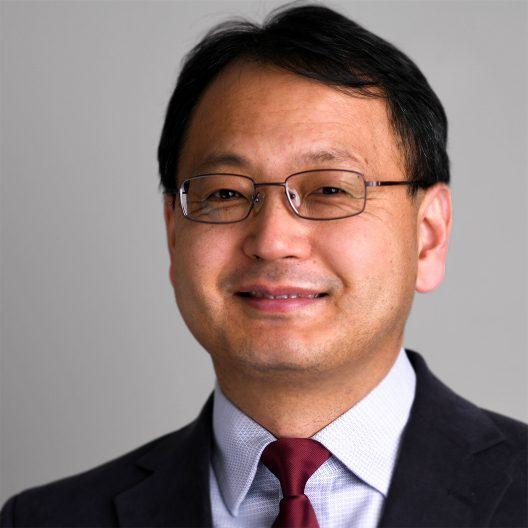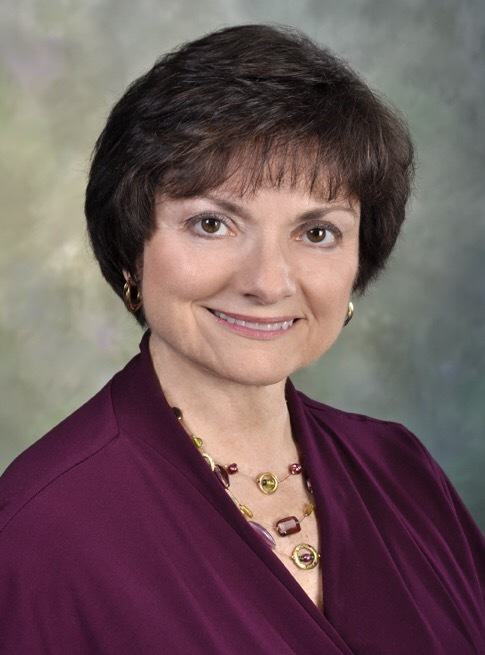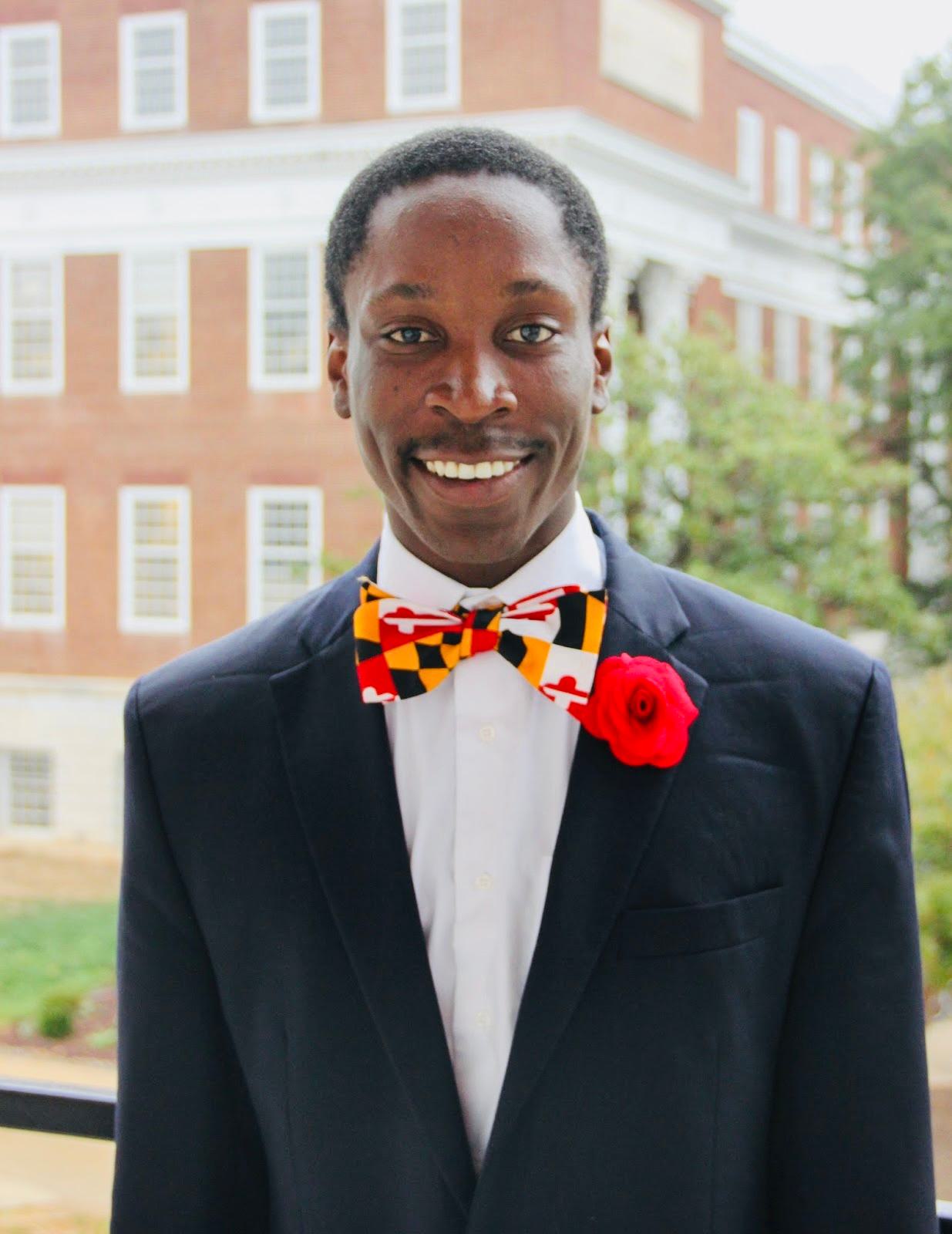Alumni Excellence Awards: Research Award Recipient Fang-Zhen Teng Ph.D '05
Alumni Excellence Awards: Research Award Recipient Fang-Zhen Teng Ph.D '05

By Andrew Faught
As a Maryland doctoral student, Fang-Zhen Teng Ph.D. ’05 was one of just two students enrolled in a course on isotope geochemistry, which considers the smallest unit of matter in an element – the atom – that still retains the chemical properties of that element.
Studying isotopes helps scientists, among other things, understand the evolution of the Earth, aid in the exploration for oil and gas, and explore climate change by analyzing ancient ice and tree rings.
Nearly a quarter century after completing that graduate course, Teng has taken isotopic understandings to new pinnacles. He’s a pioneer in non-traditional isotopes, which considers elements beyond the more commonly analyzed materials: hydrogen, carbon, nitrogen, oxygen and silicon.
Developments could help lead to the medical diagnosis breakthroughs and rare mineral mining, including lithium ores, an essential component of rechargeable batteries. Teng’s work could lead to environmentally sustainable methods to extract the silvery-white metal from the Earth.
“It’s like back in the 1920s, when people were studying physics,” says Teng, a professor in the Department of Earth and Space Services at the University of Washington. “At the time, you had Einstein and other people, and there were so many physics breakthroughs. We feel like it’s that way for non-traditional isotope geochemistry.”
Teng is considered the world’s expert in magnesium isotope geochemistry, which helps scientists better understand geological process, subduction zone activity and the origin of magmas.
He recently developed the use of potassium isotopes to explore chemical weathering (in which rocks break down due to changes in their chemical composition, often due to interactions with water) and crustal recycling, a process by which surface material is reabsorbed into the Earth’s mantle.
There is tantalizing promise. Potassium isotopes are being investigated for their role in diagnosing cancers and Alzheimer’s disease. Isotopic “signatures” could provide new understandings of diseases processes, and potentially create avenues for early diagnosis and treatment.
“We are studying rocks now,” Teng says, “but the next step is thinking about medical applications.”
Traditionally, isotopes were understood to remain relatively unchanged, but advancements in technology have revealed that certain elements can have “fractionated isotopic signatures,” which can be used to understand complex geological and biological processes. The introduction of high-precision instruments has made this possible.
Teng says his time at Maryland was a “crucial experience.” He remains close with his alma mater, speaking at the geology department’s 50th anniversary celebration in 2023.
“The geology department is quite small, and has a tight-knit community with many top experts in various fields,” Teng says. “The culture is very productive, and graduate students are greatly taken care of. My graduate school experience was what directly led me to decide to become a professor, and it inspired me to become a great colleague and mentor for my students.”
He's come a long way from his time in College Park. When Teng first started studying nontraditional isotopes in 2001, their potential was largely theoretical.
"This is just the start," he says, "For the next 50 years, there will be continuous new discoveries and applications that could benefit society in profound ways."

The Maryland Awards: Meet This Year's Honorees

Alumni Excellence Awards: Legacy Award Recipient Sue Bredekamp ’72, ’76, Ph.D. ’85

Alumni Excellence Awards: Rising Terp Recipient Rick Marving Tamno ’17, ’20

